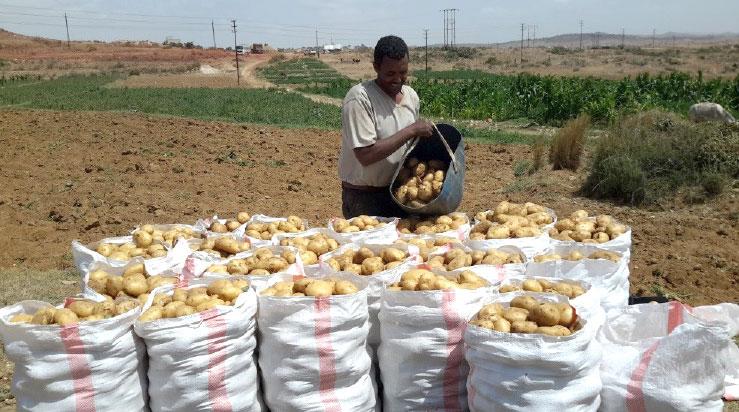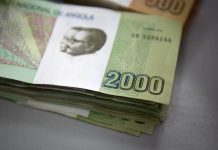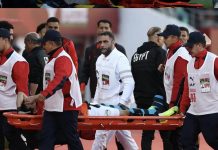Africa-Press – Eritrea. The National Agricultural Research Institute (NARI) has been reinforcing its capacity to do laboratory seed testing in a bid to provide farmers with select seeds that are suitable for a particular climate and have high yield capacity. Seed testing has been developed to minimize risk by assessing the quality of a seed before it is sown.
NARI has been giving select seeds of barley, wheat, sorghum, millet and other crops to farmers. It has also been carrying out tissue culture experiments on potatoes and palm dates to be planted in the areas where the climate is suitable. The research activities have been carried out to make use of the country’s ecological resources to the maximum level by distributing select seeds to be sown in favorable environment.
Ms. Yohana Ghirmay, a laboratory technician at NARI, said the Ministry of Agriculture launched seed testing laboratory, which conducts three main tests, in 2001. The three tests are done to identify seed purity, seed germination capacity and seed moisture content. Seed quality test is done to ensure healthy diet and meet local and international standards.
Seed purity analysis is conducted to determine the composition by weight of pure seeds and other particles. Seed germination test is done to determine the maximum germination potential of a seed. Testing under field conditions is normally unsatisfactory as the result cannot be repeated with reliability. Therefore, laboratory methods, where the external conditions are controlled, have been used as they give the most dependable, rapid and comprehensive germination level for the majority of the samples of a particular species. NARI conducts moisture content test of seeds to determine the water content of seeds through suitable methods. The moisture content of a sample is the loss in weight when it is dried, which is expressed as a percentage of the weight of the original sample.
NARI continues to reinforce laboratory tests to ensure the availability of select seeds both in quality and quantity, to identify varieties that are draught resistant and to ensure the availability of varieties of select species suitable for diverse climatic conditions. All varieties of select seeds that are given to farmers have been tested rigorously at NARI, which includes piloting the seeds at the institution’s research farm plots.
Ms. Yohana said, “Unlike a non-biological material, a seed is a living biological product and its behavior cannot be predicted with certainty. That’s why seed analysis is important as seed moves across international frontiers. In all cases, the ultimate objective of a laboratory test is to determine the value of a seed.”
Ms. Yohana called upon farmers and agricultural institutions to make the best use of their laboratory technology prior to planting to boost their productivity.
Besides laboratory tests, NARI also conducts community-based research activities. For example, in an effort to boost potato production the institute launched a project in 2015, which included potato seed provision, multiplication and capacity development of farmers and experts in potato seed management.
Mr. Medhanie Mehari, Potato Seed Project Coordinator, said that the intervention has shown promising results towards sustainable potato seed supply to farmers. In the past five years, more than 1,100 farmers have benefited directly from the supply of certified potato seeds while more than 2,000 farmers and 300 experts received extensive training courses in various regions. As a result, potato productivity has increased dramatically in all the targeted areas.
Mr. Eyob Tsegay, a farmer who has been involved in potato farming for the last 12 years in Adi-Nifas, Maekel region, was initially given G2 Electra variety of potato seed in September 2015 and has been able to multiply the seeds on his own initiative and saved every generation for the next season. At this time, he has successfully maintained the generation up to the ninth sequence, G9.







